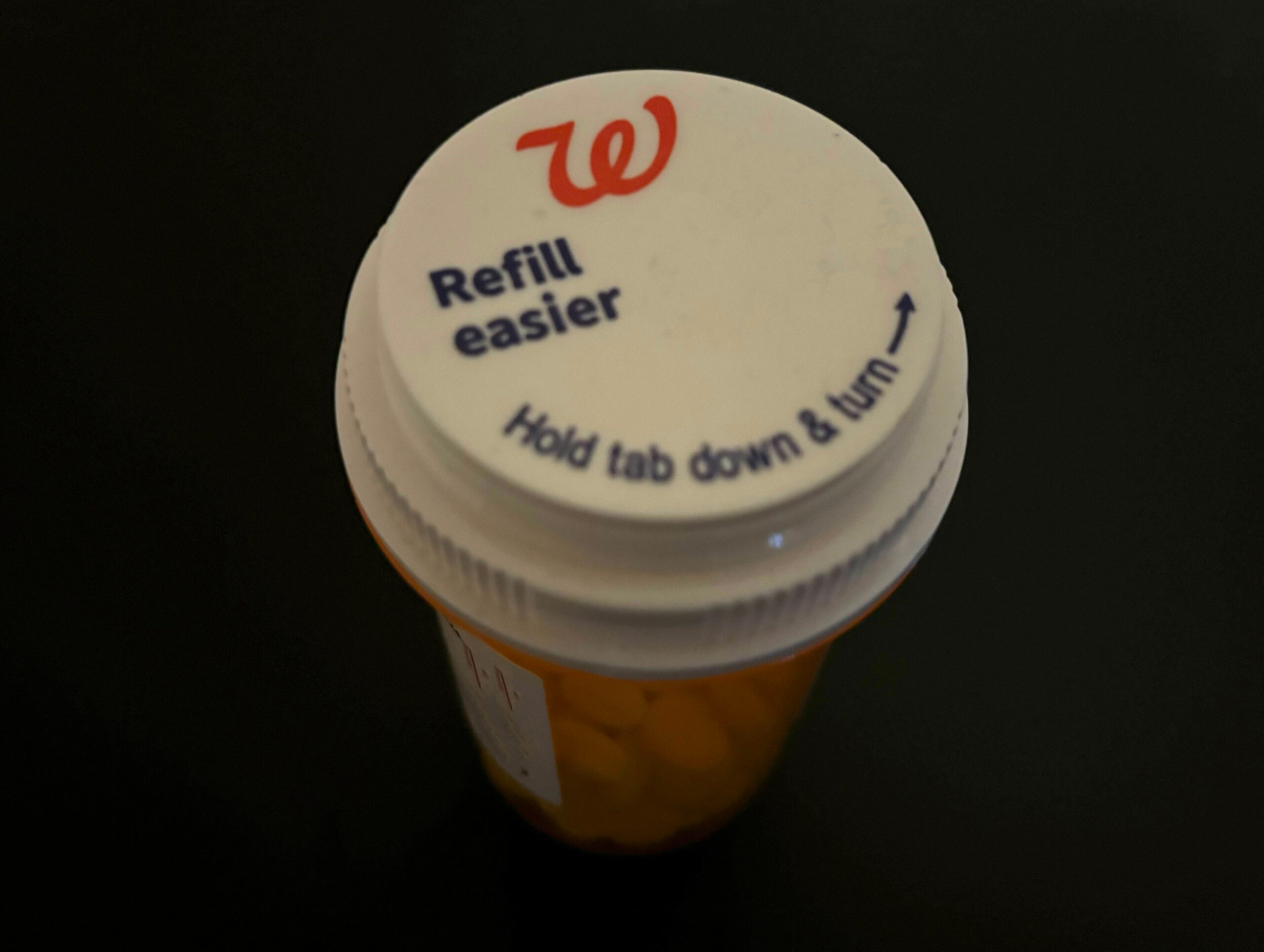New Jersey residents, particularly seniors who rely heavily on pharmacy services, are facing significant disruptions as major pharmacy chains close dozens of locations across the state in 2025. The wave of closures affects essential healthcare access, prescription transfers, and familiar neighborhood services that many older adults have depended on for years.
Rite Aid Leading the Closures
Rite Aid, currently navigating its second bankruptcy in two years, is closing between 14 to 16 stores in New Jersey as part of a nationwide reduction. This represents a substantial portion of the company’s 268 store closures in this current round, with over 300 closures planned overall.
The confirmed Rite Aid locations closing in New Jersey include stores that have served communities for decades:
Northern and Central New Jersey:
- 1097 Broad Street, Bloomfield
- 1080 Broad Street, Newark
- 1040 Broad Street, Newark
- 1049 US-1, Edison
- 1049 US-1, North Brunswick
Southern New Jersey:
- 424 Route 9, Bayville
- 151 Route 94, Blairstown
- 1070 North Pearl Street, Bridgeton
- 52 East Broad Street, Bridgeton
- 1801 Route 35, Oakhurst
- 1801 Route 35, Wall Township
- 2040 Route 33, Neptune
- 466 Route 70, Lakehurst
- 542 Berlin-Cross Keys Road, Sicklerville
These closures are happening in phases, and Rite Aid is working to transfer prescriptions to other chains like CVS and Walgreens. However, customers should not wait for automatic transfers and should proactively contact their pharmacy to ensure continuity of their medications.
Walgreens Reducing Its Footprint
Walgreens is also scaling back its New Jersey presence, closing at least three locations as part of a larger national strategy to close 25% of its U.S. stores by 2027. The company plans to shut down over 500 stores nationwide this year.
The confirmed Walgreens closures in New Jersey include:
- 504 Kings Highway North, Cherry Hill (closed May 19, 2025)
- 901 Main Street, Asbury Park
- 37 Old Highway 22, Clinton
- 642 Newman Springs Road, Lincroft
Additional Walgreens locations may be announced for closure as the company continues its multi-year restructuring plan.
CVS Remains Stable in New Jersey
While CVS is closing 270 stores nationwide in 2025, no New Jersey locations are affected in the current round of closures. This provides some stability for customers seeking alternative pharmacy services, though the situation could change as the company continues to evaluate its store portfolio throughout the year.
What This Means for Seniors
These pharmacy closures disproportionately affect seniors, who typically visit pharmacies more frequently than younger adults and often develop relationships with pharmacists who understand their complex medication regimens. The closures create several challenges:
Prescription Access: Seniors may need to travel farther to fill prescriptions, which can be particularly difficult for those with mobility issues or limited transportation options.
Medication Management: Familiar pharmacists who knew patients’ medication histories and potential interactions will no longer be available, requiring seniors to rebuild these important healthcare relationships.
Insurance and Benefits: Seniors should verify that their new pharmacy accepts their insurance plans, including Medicare Part D coverage, to avoid unexpected costs.
Immediate Steps to Take
Seniors affected by these closures should act quickly to ensure uninterrupted access to their medications. Contact your closing pharmacy immediately to request prescription transfers to a new location. Many pharmacies can transfer prescriptions electronically, but it’s important to initiate this process before your current pharmacy closes.
Consider choosing a new pharmacy based on factors beyond just proximity, including whether they accept your insurance, their hours of operation, and the availability of services you rely on, such as medication synchronization or home delivery.
For those using gift cards or pharmacy rewards programs, use these benefits before the closure dates, as they may not be transferable to other chains.
Looking Ahead
The pharmacy landscape in New Jersey continues to evolve, with independent pharmacies and regional chains potentially filling some gaps left by these major closures. However, the consolidation trend suggests that communities may have fewer pharmacy options in the future, making it more important than ever for seniors to establish relationships with reliable pharmacy providers and explore all available services, including mail-order options through their insurance plans.
These closures reflect broader changes in the retail pharmacy industry, but for seniors who depend on consistent access to medications and pharmacy services, the immediate priority should be ensuring continuity of care through this transition period.


